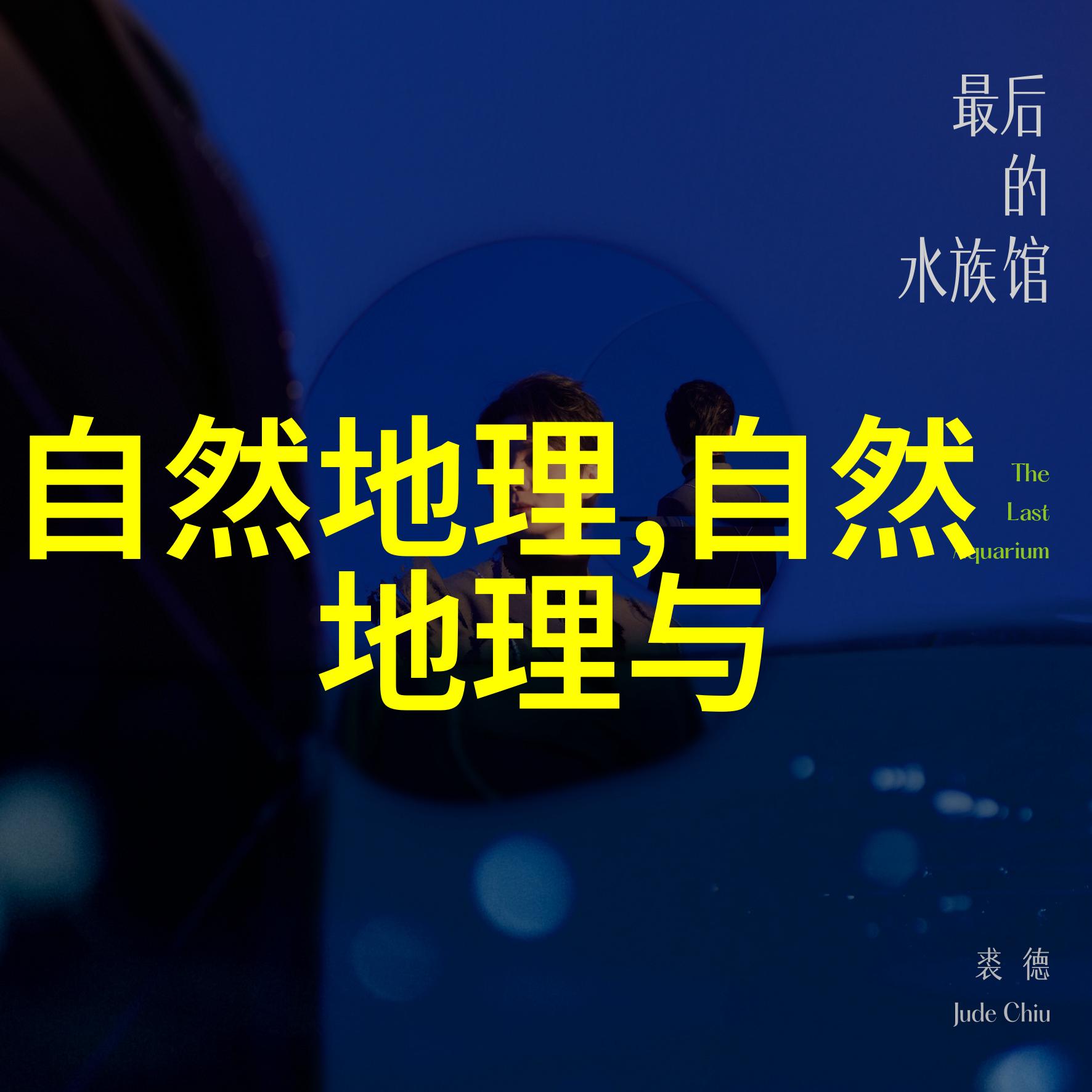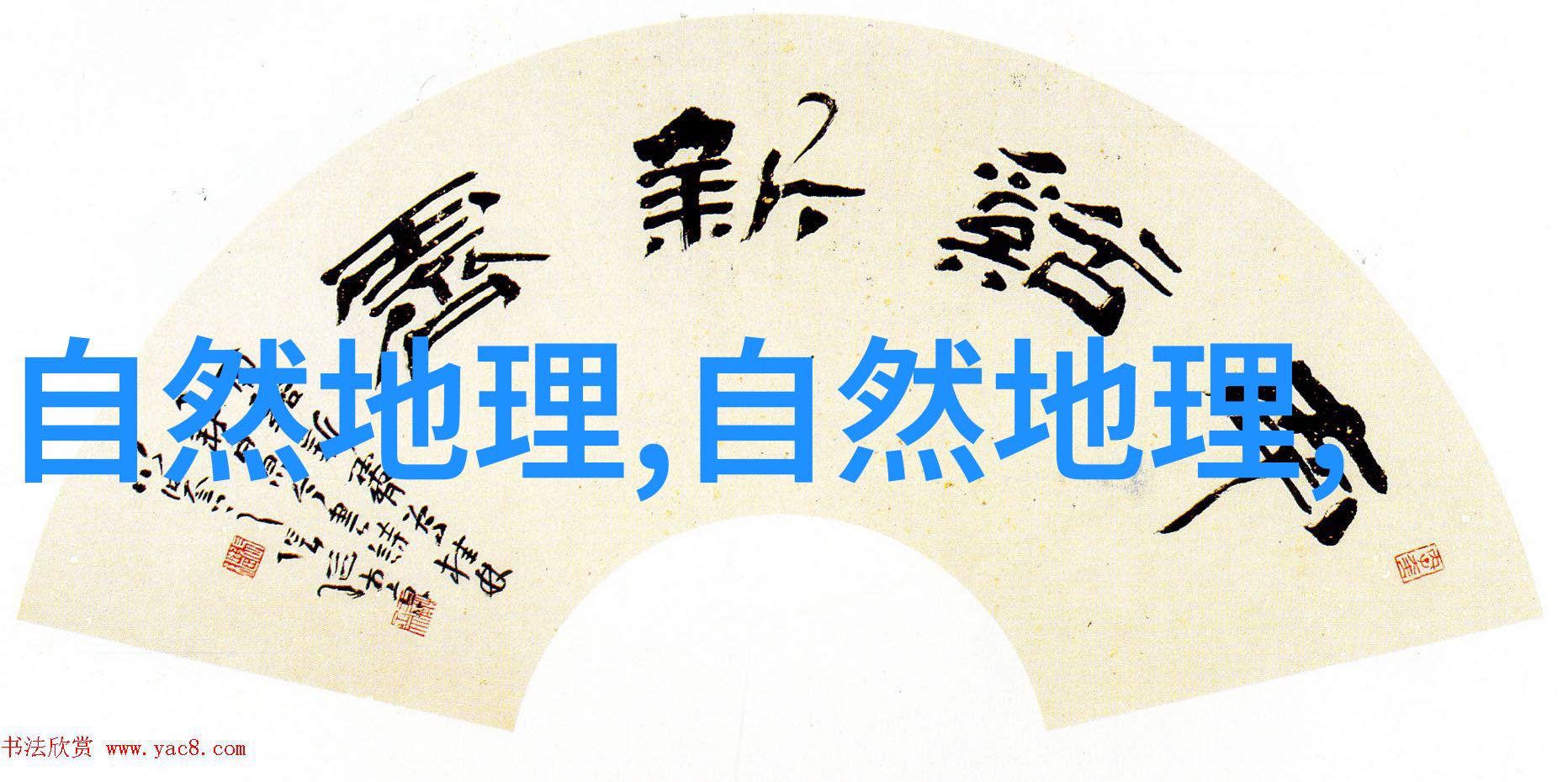在工业软化水设备中,滤芯材料的选择对系统性能至关重要。以下是关于尼龙膜、聚偏二氟乙烯膜、聚四氟乙烯膜、聚醚砜膜、聚丙烯膜和硅橡胶密封圈等不同材质的化学相容性测试结果。

** Organic Solvents **
甲醇(100%):R
戊醇:R

苯甲醇(100%):R
丙酮:LR

环已酮:LR
甲基异基酮:LR

芝麻油:R
** Alkalis **
氢氧化钠3N/6N/10N: R/LR/NL (Not Listed)
** Ketones **
丙酮: LR
** Fats and Oils **
棉籽油: R
润滑油: R

花生油: R
** Amines and Amides **
苯胺(Laurylamine): LR
二甲基甲酰胺(Urea): NR
** Phenols and Resins **
苯酚(Phenol): R
吡啶(Cresol): LR
These results are critical in determining the suitability of each material for use in industrial softening water systems. By understanding the chemical compatibility of these materials, engineers can design more effective filtration systems that minimize contamination risks while ensuring optimal performance.
In addition to their compatibility with various chemicals, these materials must also withstand exposure to a range of solvents, including aromatic hydrocarbons such as benzene, toluene, and xylene; chlorinated hydrocarbons like trichloroethylene (TCE) and perchloroethylene (PERC); alcohols like ethanol and isopropanol; glycols such as ethylene glycol; acids like sulfuric acid; bases like sodium hydroxide; ketones like acetone; esters such as ethyl acetate; halogenated compounds including fluorinated gases (F-gases) used in refrigeration equipment.
By considering these factors when selecting filter materials for industrial softening water systems, manufacturers can ensure that their products provide reliable operation over extended periods while minimizing environmental impact.



